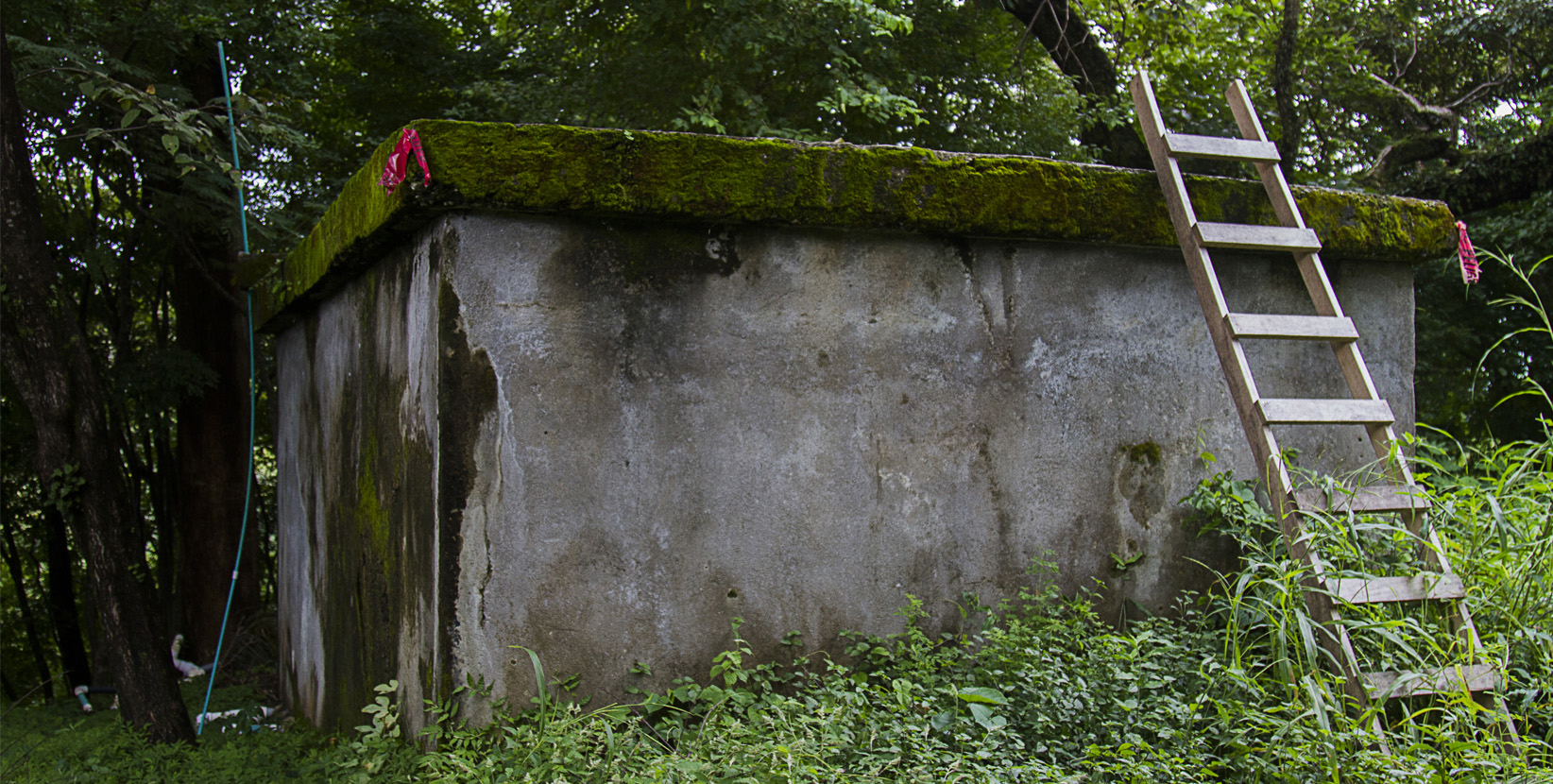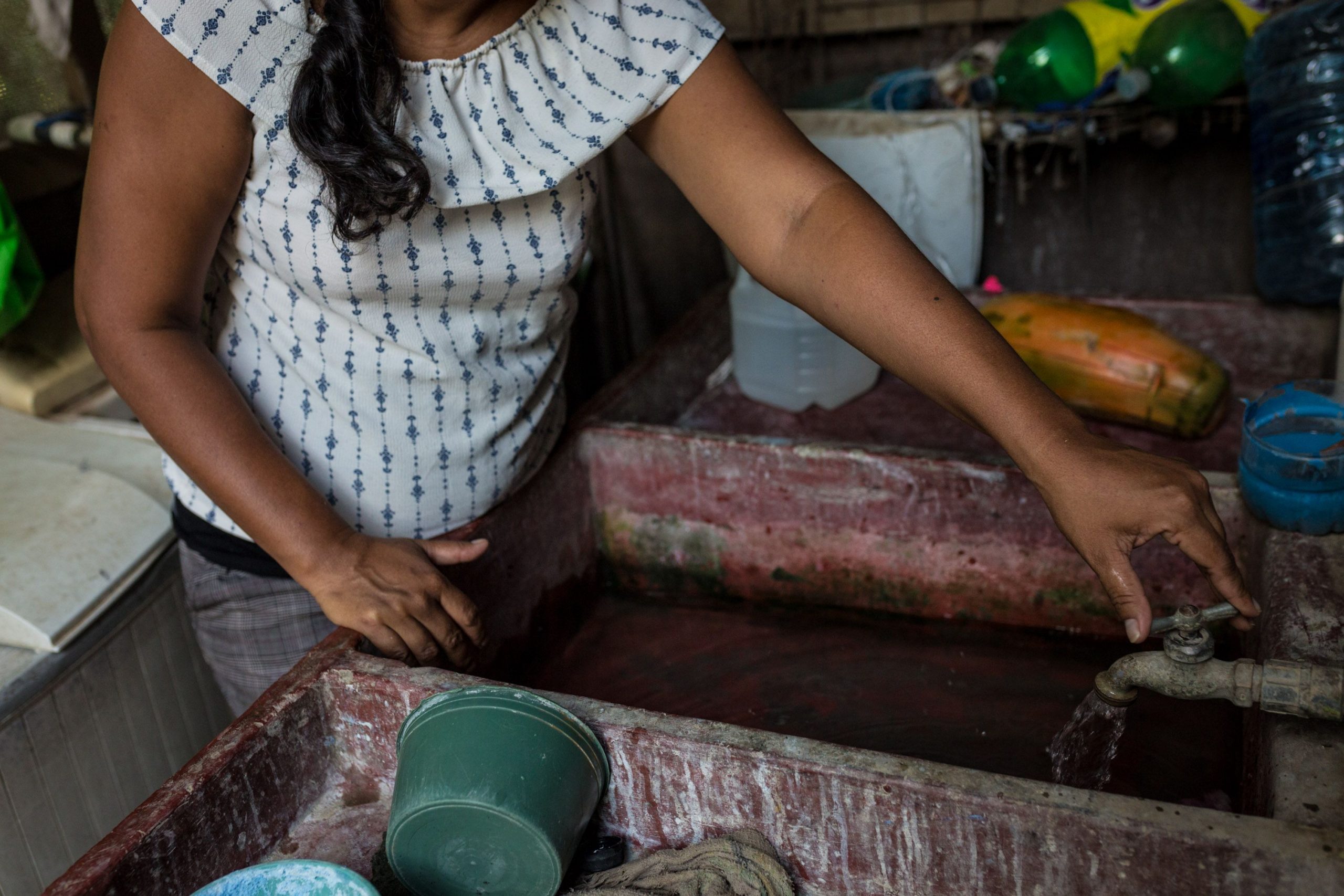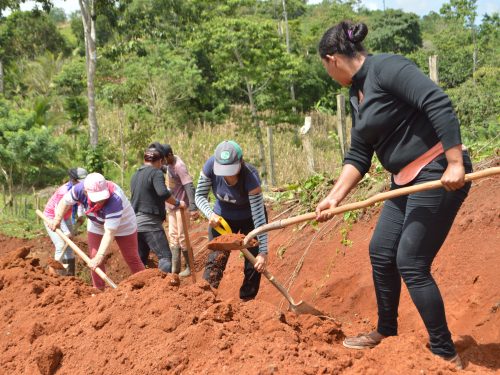
The Costa Rican Institute of Aqueducts and Sewers (AyA) still has sanctions imposed against 23 ASADAs (rural water boards) in the Nicoya area for not meeting minimum operating requirements. Since September of 2020, most of them have been prohibited from issuing water permits for new construction projects in the canton.
The institution disqualified them when it updated ASADA management regulations and inspected the country’s associations to determine if they met the new requirements.
At that time, AyA determined that 64 ASADAs in the Chorotega Region failed to comply with the new regulations. Nicoya is the canton in Guanacaste where the majority of the reprimands are concentrated, with 31 of the 64 penalties.
The sanctioned associations have illegally drilled wells, lack studies of water quality and water capacity of the wells, and don’t adequately monitor the environmental impact. Some, such as Acoyapa, Torito, Varillal, Chinampas and Llano de Quiriman, have multiple irregularities in their water management.
After 18 months, only eight of the 31 Nicoyan associations have managed to meet the requirements, according to records from the ASADA management office in the Chorotega Region.
The institution blames the organizational ability of some of the affected communities for the delay in resolving the requirements.
The operation of ASADA systems also entails the vision of sustainability. However, there are still communities where the organizational ability is limited and this has repercussions on the operation of their aqueducts”, that AyA department stated when asked by this medium.
However, the administrator of the Caimital ASADA, Juan Jose Vasquez, believes that the root of the problem is that AyA hasn’t helped the association to correct the problems in any way.
Vasquez emphasized that all of the solutions that the ASADA came up with are due to support from the community itself and not due to help from the institution.
“Here, AyA doesn’t help us at all. They haven’t even given one pipe, nor advice. Nothing. We have done everything by ourselves,” protested the administrator.
Caimital is a few months away from being freed from the moratorium, since they have already managed to finance the technical studies and the water storage tank that the community previously lacked. In total, their ASADA invested more than ₡6 million (about $9,230), collected with the help of the 400 existing subscribers and a bank loan.
According to Vasquez, their ASADA has a list of more than 20 people waiting for the ASADA to issue water permits to build in the area.

The La Esperanza ASADA in Nosara is one of the associations affected by the imposed moratoriums. They are currently working with AyA to finalize the work plan that will indicate the path to make progress toward lifting the ban. Photo with illustrative purposes
Sanctions Have Lasted More Than a Year
The process to lift the reprimands can take months, according to Emel Rodriguez, president of the organization that represents the ASADAs of Guanacaste, the Water League.
The associations have to perform technical studies on their wells and technical equipment. However, according to Rodriguez, this work is expensive and takes several months.
“The first challenge is to get the money to perform all of the studies that AyA is requesting. One the ASADAs manage to get the budget, they have to face months of studies, taking samples, testing and pumping. That can take more than a year,” explained Rodriguez.
With the moratorium, the affected ASADAs stopped receiving the income they got for issuing water permits for construction. This impact on the ASADAs’ economy further slows down the process of correcting irregularities, affirmed Rodriguez.
It’s a privilege thing, for those who can pay for studies immediately and for those who can’t,” he added.
One of the ASADAs that managed to get the moratorium lifted is the one for Playas de Nosara, the entity that manages water resources in the business tourism district of that district. The association needed to do some pumping tests to ensure the capacity of its flow to provide service to existing homes and businesses and to predict its growth capacity in 20 years. AyA authorized lifting their suspension on March 7 of this year.
The Voice of Guanacaste tried to talk with that representatives of the ASADA of Playas de Nosara, but we didn’t get a response by the deadline for this article.
AyA Justifies Sanctions
AyA’s ASADA management department stated that these sanctions are necessary to guarantee the sustainability of the service in Guanacaste’s communities. That way, no ASADA can offer water to new constructions without guaranteeing the availability of service to current subscribers.
In addition, according to Rodriguez, the institution wants to be certain that the ASADAs will grant permits with real information on the state of the aquifers.
However, the president criticized the way in which AyA proceeded. When the institution put the moratoriums into effect for the ASADAs, it didn’t give them prior notice so that the associations could prepare financially or legally, nor did it guide them in resolving the irregularities nor did it discuss the matter with the Water League so that they would do so.
The new ASADA regulations establish that if the ASADAs can’t take on the responsibility of repairing these irregularities, the administration of the water must be taken over by AyA or another nearby ASADA.
However, according to AyA’s ASADA department, they haven’t yet taken this measure because “it involves institutional procedures that take time, high investments and probably even refusal by some communities,” they specified in an email to this medium. However, they stated that they are in the advice process to help the ASADA population with very serious problems.
Suspensions Affect Construction in the Canton
The coordinator of the Municipality of Nicoya’s construction control department, Jose Nema, affirmed that his department is working hand in hand with AyA to find institutional solutions to support the ASADAs during this crisis.
Clearly we noticed a decrease in construction requests in some areas (of the canton). Without a doubt, we also noticed that AyA’s approval of ASADAs like Playas de Nosara increased that number of requests in recent months. We are working together,” he stated.
AyA also stated that although they recognize that the moratoriums affect construction development in the canton, they are working with the ASADAs to plan courses of action to speed up the regularization process. However, they complain that not all of them respond to the help.
For example, according to official data from the institution, the ASADAs in Iguanita and Talolinga never presented work plans to the authorities.







Comments